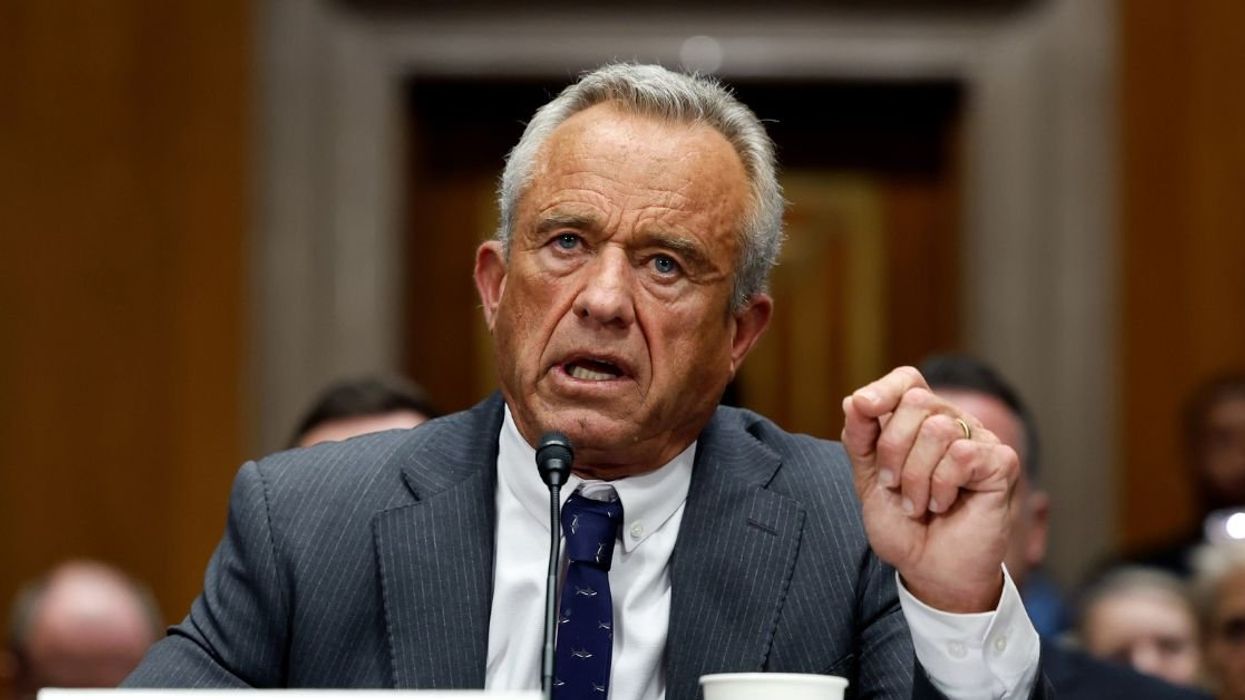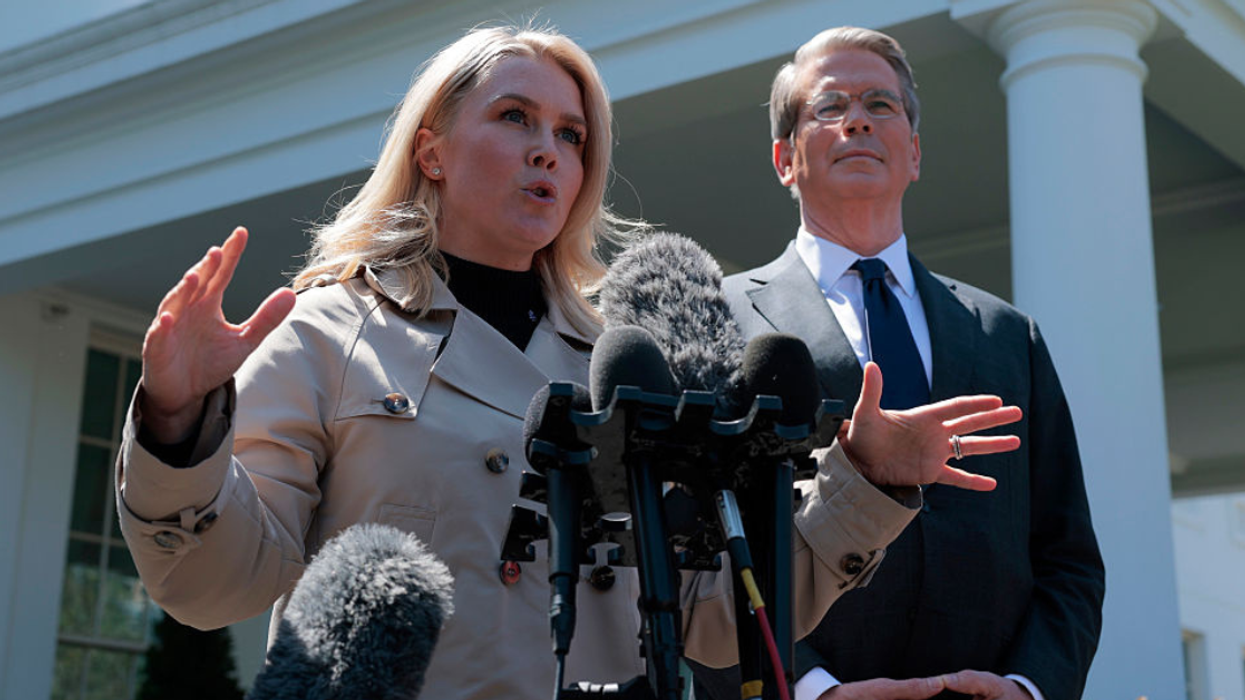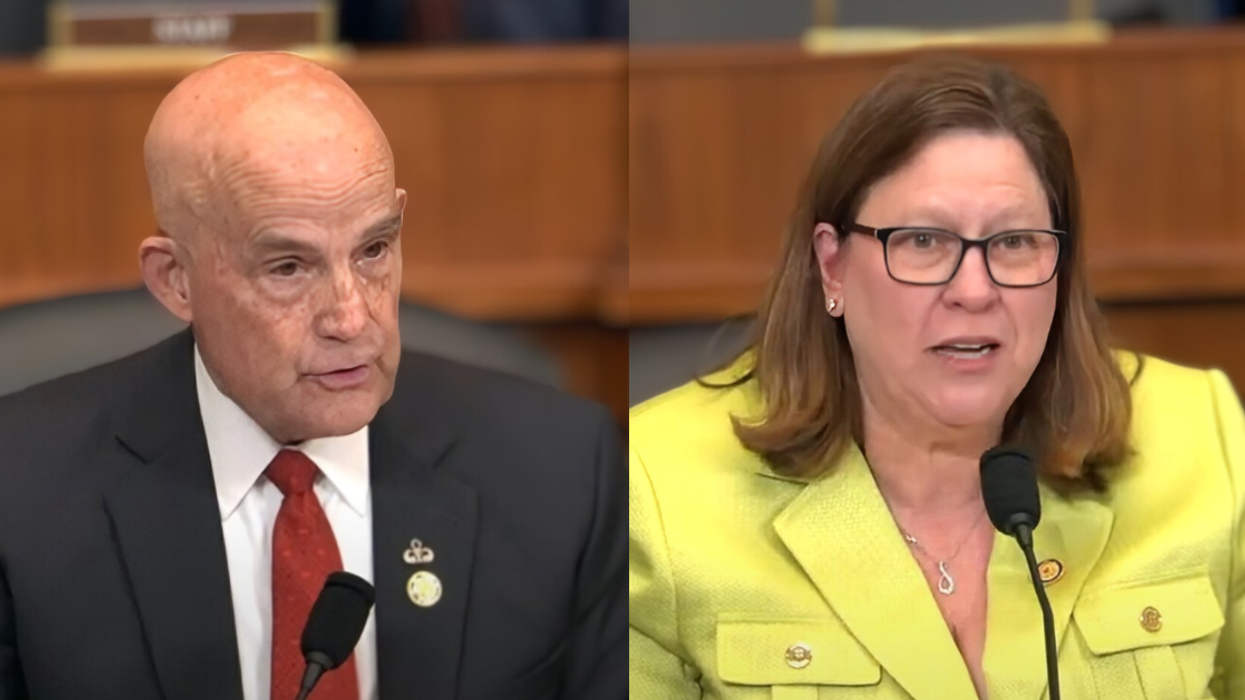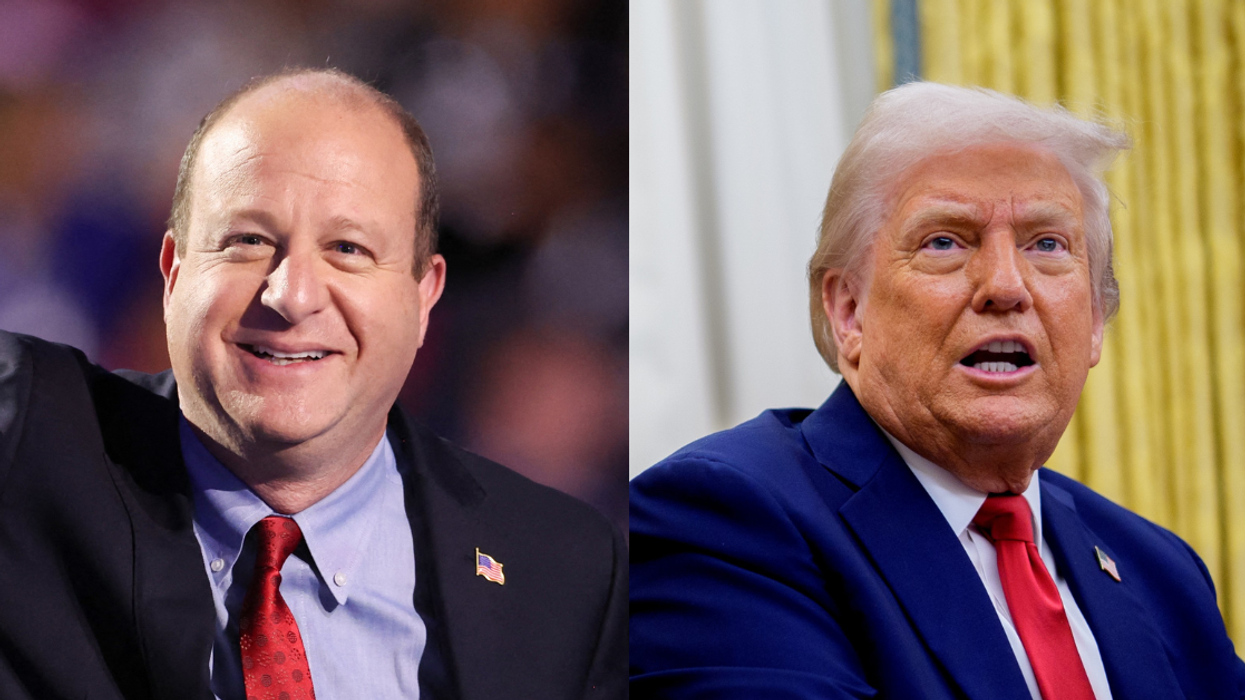This has been a disastrous week—one for the record books, truly—in Trumpland.
Three separate calamities went down this week, and we would be remiss to focus on just any one of them. It’s difficult to even find a common thread other than to observe that it’s all pretty terrible for the guy at the top.
Let’s take a quick look at them each and explore some common questions and takeaways.
The Trump Organization Was Found Guilty of Financial Crimes
It took the jury in Manhattan less than two days of deliberation to conclude that the Trump Organization, and not just its CFO Allen Weisselberg, was guilty of committing financial crimes including tax fraud, conspiracy and falsification of records.
The charges revolved around a multi-year scheme in which top executives received perks such as free apartments, vehicles and tuition payments for their offspring in lieu of regular income payments. This benefited the recipients, who avoided paying income tax on those perks, but it also benefited the company, which could avoid paying its share of social security and other taxes on that income.
While Trump himself was not a defendant, it felt to much of the world that he was also on trial. Indeed, the prosecution drove home the point that Trump as CEO was “explicitly sanctioning tax fraud” by signing off on these arrangements and personally agreeing to reduce the salaries of employees who received the perks.
The DA’s office may well have been testing the waters on whether to later bring charges against Trump directly; after all, if his company could be found guilty based on this evidence, that could pave the way for an indictment against its chief executive.
Whether that will happen isn’t clear.
Weisselberg refused to testify against his boss, so there’s some doubt sown there. And District Attorney Alvin Bragg controversially has shied away from prosecuting Trump, at least so far, leading two prosecutors who were on a separate tax fraud case involving inflated property values to quit, and that matter currently is being litigated in civil court by the state attorney general.
Bragg received a great deal of criticism for this perceived reluctance to hold Trump accountable, which could explain why he’s now brought in a big gun, a former Justice Department higher-up and colleague of Bragg, Matthew Colangelo, who successfully shut down the “charitable” Trump Foundation and will be leading the Manhattan DA’s criminal investigation into Trump.
The immediate impact of the jury verdict is negligible on its face for a company the size of this, comprising only 1.6 million dollars in fines.
But there are intangible costs to being adjudged a criminal enterprise: Banks and other lenders could shy away, insurance companies could refuse to issue policies, and continued scrutiny by the authorities could make doing business onerous.
It may drive Trump to solidify foreign partnerships, for example with the Saudis, in order to blunt the impact the verdict will have on his company’s reputation in America and its perceived suitability for business partnership.
More intangible still but equally problematic for the Trumps is public perception. For the first time in history, a jury has found a U.S. president’s company guilty of criminal wrongdoing.
The media and history itself may now proceed accurately to label the Trump Organization as a company with a criminal record—a stigma that Trump has managed to avoid for decades.
The victory could also embolden prosecutors in Washington and Atlanta to press forward with their cases, now that it is clear that a jury won’t necessarily fail to reach a verdict simply because the name Trump appears among the defendants.
Special Counsel Jack Smith Has Swung Into Action
As the Washington Postreported, within days of his appointment back in November, Special Counsel Smith drafted subpoenas to election officials in three key swing states of Arizona, Michigan and Wisconsin asking for communications they or their offices had with Trump, his allies, or his campaign.
The issuance of the subpoenas was not known until Tuesday.
This again is very bad news for Trump, who already felt the sting of Smith’s involvement in the Mar-a-Lago criminal matter and the unanimous rebuke of the Eleventh Circuit of his favorite sycophant in Florida, Judge Aileen Cannon.
The subpoenas meant that Smith was coming after Trump strongly along two fronts, rather than just on the question of the stolen classified documents, and that the inquiry into Trump’s efforts to overturn the 2020 election on January 6, 2021 was still very much in Smith’s sights.
Unlike the Congressional subpoenas that many of Trump’s cronies successfully ignored or quashed, subpoenas from the Justice Department, via federal grand juries conducting criminal investigations, are not so easily parried.
While Congress has no enforcement mechanism for its subpoenas other than to sue in civil court or refer the matter criminally to the Justice Department, there are no such limitations on criminal subpoenas.
Ignoring such a subpoena could land a party immediately before a federal judge on contempt charges—and recalcitrant witnesses could sit in jail pondering their refusal to comply. (In this case, it appears the recipients are complying willingly with the subpoenas.)
Trump’s Hand-Picked Candidate Lost…Again
In the last, pathetic gasp of the slate of extremist loyalists whom Trump had put forward in 2022, his longtime friend and fellow useful idiot Hershel Walker lost the Georgia senate race runoff to incumbent Democratic Senator Raphael Warnock.
The loss means an outright majority for the Democrats in the Senate, enabling quick approval of judicial nominees and the prized ability to ignore Sen. Joe Manchin’s vote. It capped a disastrous string of losses from Trump candidates in key swing states up and down the ballot.
In New Hampshire, Georgia, Wisconsin, Arizona, Michigan, Pennsylvania and Nevada—swing states that will decide the 2024 election—Trump’s record on endorsements was pathetic: He was 1 for 6 on senate endorsements, and 1 for 5 on governors.
The GOP desperately wants to rid itself of the orange albatross around its neck, but Trump continues to command the loyalty of a plurality if not outright majority of Republican voters, making it unlikely, even with these punishing losses, that someone else will replace him at the top of the ticket.
Even an indictment, which appears more likely than ever, may not suffice to yank him from that spot.
That positions the Democrats well in these same crucial swing states in 2024, when they will fight to keep the White House.
And should an indictment land and a trial get underway, the litmus test question for Republicans soon may move from “Do you believe the 2020 election was stolen?” to “Do you believe Trump should be in prison?”














 @kileywrestling/Bluesky
@kileywrestling/Bluesky
